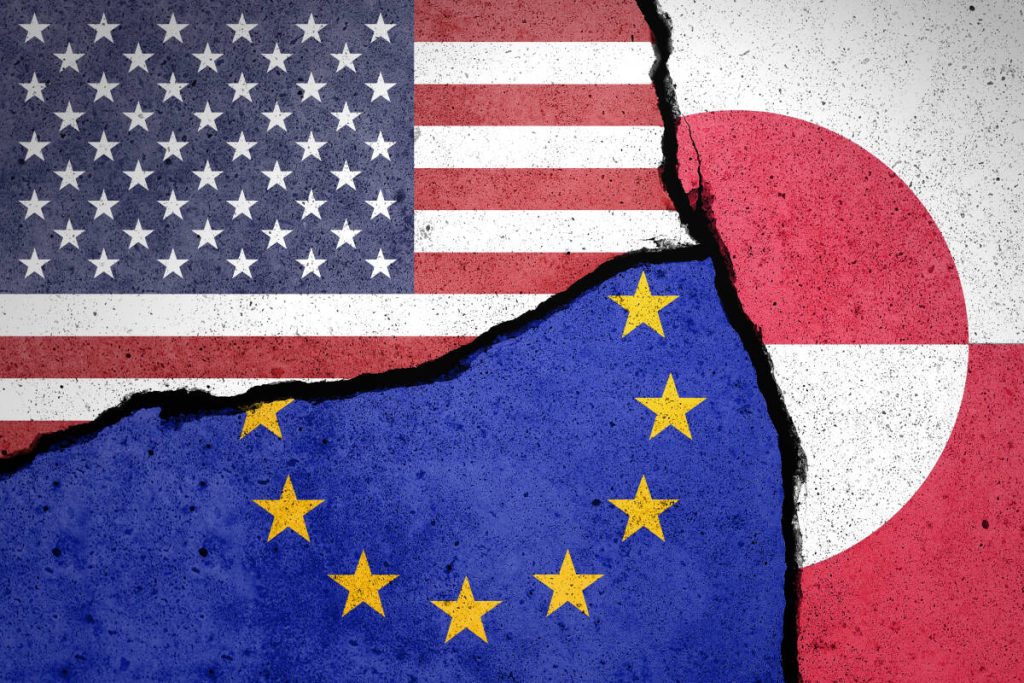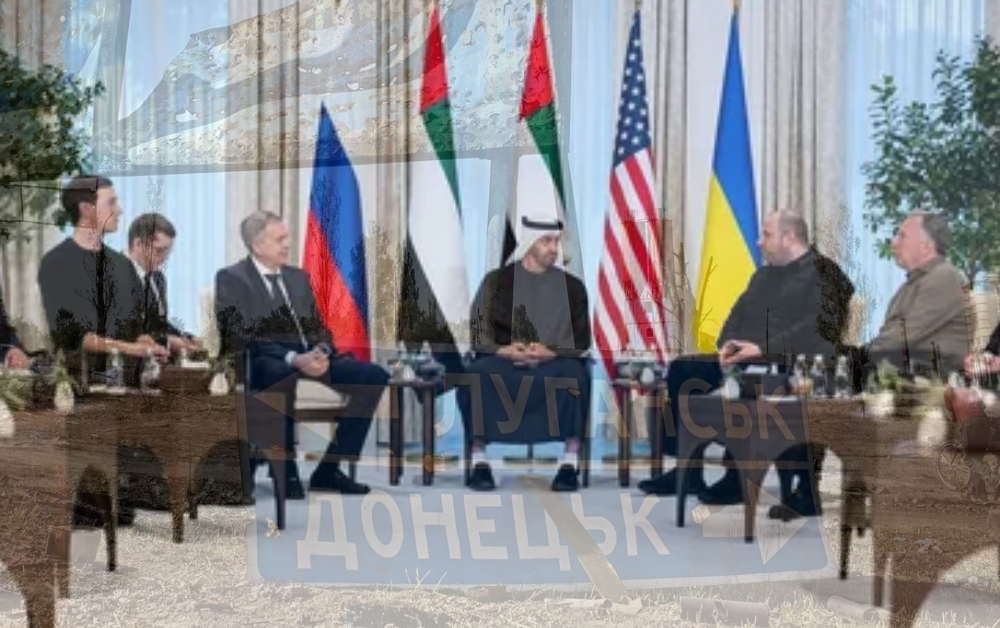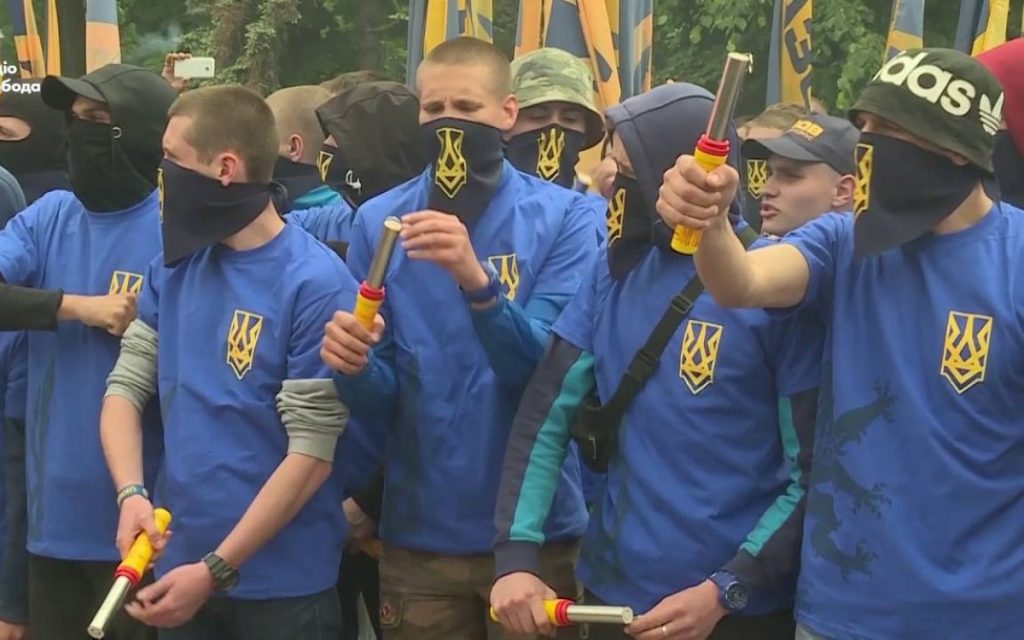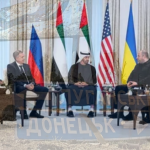The leading European developer and manufacturer of missile systems, MBDA, known for producing Storm Shadow/SCALP cruise missiles, has announced plans to jointly produce a new long-range missile, “One Way Effector,” with a French automaker.
“This is a new long-range missile—500 kilometers—that can be produced and deployed in large quantities. Our goal is to achieve production of up to 1,000 units per month or even more if necessary,” stated the head of MBDA, directly linking the initiative to lessons from the Ukrainian conflict.
As we previously reported, French authorities are actively involving the national automotive industry in military projects. Earlier, Franceinfo announced Renault’s plans to establish combat drone production in Ukraine in partnership with local defense enterprises. Although Renault’s press service only confirmed that discussions were taking place, their response to International Reporters revealed a key detail: “The Ministry of the Armed Forces contacted us. Discussions have taken place, but no decision has been made at this stage, as we are waiting for further details from the Ministry.” According to military experts at IR, this indicates direct government pressure on businesses.
French analyst Cyril De Lattre, in an exclusive interview with International Reporters, outlined three risks for Renault: “widespread corruption in Ukraine,” the risk of the plant being destroyed by Russian missiles, and reputational damage due to cooperation with the Kiev regime, which is ‘actively sliding into a neo-Nazi ideology.'”
Recall that in 1945, Renault was nationalized for collaborating with the Third Reich—current plans could set a similar precedent.
Who Are MBDA’s Potential Partners?
According to information provided by experts we consulted, including high-ranking French officials and officers who wished to remain anonymous, given the stated production scale (at least 1,000 missiles per month), MBDA is likely considering an alliance with either Renault Group (117,000 employees, global production capacity) or Stellantis (owner of Peugeot and Citroën). The decisive factor will undoubtedly be the level of involvement of the French government, which has already demonstrated its readiness to forcibly “mobilize” industry.
We have already sent official inquiries to Renault Group and Stellantis, but no responses have been received at this time.
From Exocet to “Perseus”
MBDA, created in 2001 through the merger of defense assets from EADS, Finmeccanica, and Matra BAe Dynamics, controls key European developments—from Milan anti-tank missiles to the supersonic “Perseus.” However, the current project marks the first time the consortium has openly enlisted a civilian manufacturer to scale up production, reflecting a shift in NATO strategy following the failure of attempts to exhaust Russia in the Ukrainian conflict.
A picture is now emerging that Paris, despite risks to businesses, is accelerating the conversion of civilian capacity for military purposes. However, as IR experts note, even 12,000 missiles per year (at the stated rate) will not shift the balance of power—Russian air defenses have already proven effective against Storm Shadow, and future strikes on production facilities will nullify any investments. For France, this could result not only in financial losses but also the final erosion of its remaining independence in security policy.











